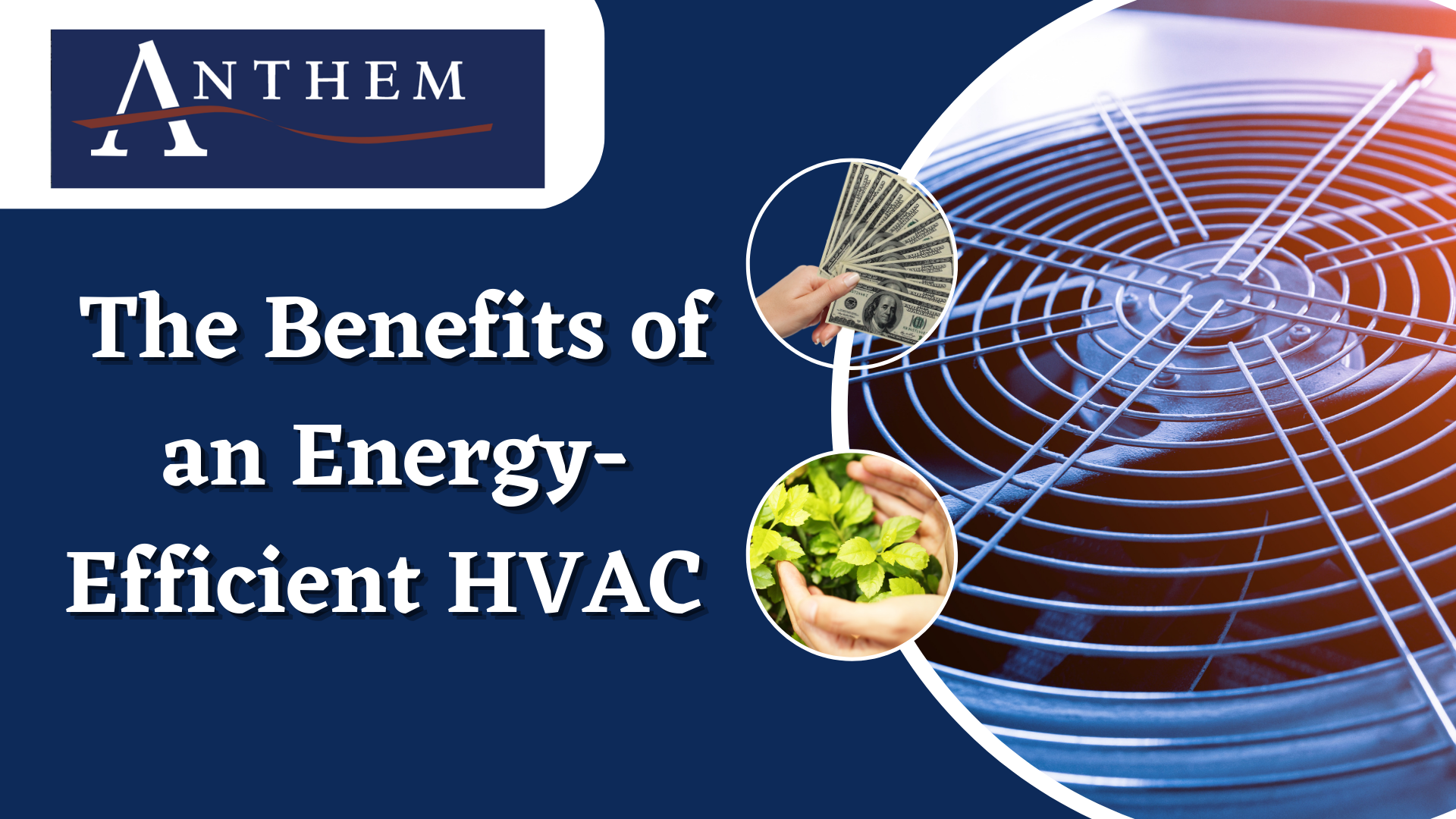Are you a homeowner in the Coachella Valley experiencing AC problems? If your air conditioning system keeps shutting off after 15 minutes, it can be quite frustrating and puzzling. But don’t worry. I’ve got you covered with some common reasons for this issue and how to address them effectively.
Dirty Air Filters Causing Restricted Airflow
A dirty or clogged air filter is often the culprit behind an AC unit that shuts off frequently. A clean air filter ensures proper airflow, allowing your system to work efficiently without overworking itself.
Oversized Units Cooling Too Quickly And Shutting Off
An oversized air conditioner might seem like a good idea at first – more cooling power means faster results, right? Unfortunately, these units tend to shut off too quickly due to their high capacity, leading to constant cycling of components and causing wear and tear on the system.
Tips To Identify The Root Cause Of The Problem:
- Inspect the air filter: Check if it’s dirty or clogged; replace it as needed.
- Evaluate the size of your AC unit: Determine whether it’s appropriately sized for your home. If not, consider upgrading or downsizing accordingly.
- Maintenance check-up: Schedule regular maintenance visits from professionals who can identify potential issues before they become significant problems.
By understanding the common reasons for your AC system shutting off, you can take action to ensure it works efficiently and effectively. If you need help with your AC issues, contact our expert technicians in Coachella Valley, CA, today.
The Role of Air Filters in Proper AC Functioning
Let’s talk about air filters.
Air filters are crucial in keeping your air conditioning (AC) system running smoothly, and regular maintenance is key to avoiding frequent shutdowns.
How often should you replace your air filter?
The golden rule: change your air filter every 30-90 days.
If you have pets or allergies, consider changing it more frequently (every 20-45 days).
Signs that indicate it’s time for a new filter
- Dusty surfaces? Your filter may be clogged.
- Increased energy bills? A dirty filter forces the system to work harder.
- Poor airflow from vents? Time to check that air filter.
No need to panic – replacing an air filter is easy and affordable.
Maintaining clean filters prevents shutdowns, keeps energy costs down, and improves indoor air quality – now that’s what we call a win-win.
Remember, a happy filter equals a happy AC system.
So go ahead and give your air filter some love today.
AC Keeps Shutting Off? Check Your Compressor Fan and Capacitor

As a homeowner in the Coachella Valley, you rely on your air conditioning system to keep you cool during the hot summer months. However, if your AC Keeps Shutting Off, it can be frustrating and uncomfortable. One of the most common causes of this issue is problems with the compressor fan and capacitor.
Let’s dive into the details of these two components and how they can affect your AC system.
Symptoms of Compressor Fan Problems
The compressor fan is responsible for circulating air over the condenser coils to release heat from your home. If it malfunctions, you may notice that the air coming from your AC unit feels lukewarm instead of cool.
To check if the compressor fan is working correctly, head outside to observe whether or not the fan is spinning while your AC is running. If it’s not, there may be an issue with the fan motor or wiring.
When to Call a Technician for Capacitor Replacement
The capacitor is a small but essential component that provides an initial boost to start up motors like those found in compressors. When capacitors fail, they can cause various problems, including reduced efficiency and premature shut-offs.
If you notice that the compressor fan is spinning but still not providing adequate cooling power, this could indicate a faulty capacitor. Don’t try fixing this on your own – call a professional technician who knows their way around these complex parts. They’ll replace any faulty capacitors quickly so that you can enjoy uninterrupted comfort once again.
Other potential causes of AC problems include a faulty thermostat, a dirty air filter, a refrigerant leak, electrical problems, and more. If you’re experiencing issues with your AC system, it’s best to contact a professional technician who can diagnose and fix the problem.
At Anthem, we offer expert AC repair and maintenance services to homeowners throughout Coachella Valley, CA. Contact us today to schedule an appointment and keep your home cool and comfortable all summer long.
Effects of an Oversized Air Conditioner Unit
Let’s talk about a common yet often overlooked issue: oversized air conditioners.
You may think a larger size would be advantageous, however, with AC units, that is not always the case.
An oversized unit cools rooms very quickly due to its high capacity but also tends to shut off frequently because it reaches desired temperatures faster than smaller systems. This might seem efficient initially but hold on just a minute.
Downsides of using an oversized AC unit
The constant cycling stresses components, leading them to wear out more rapidly over time. This ultimately reduces the unit’s overall lifespan significantly while increasing energy costs unnecessarily too.
- Premature component failure and increased repair costs
- Higher energy bills due to frequent cycling on and off
- Inconsistent temperature control in your home
Tips on selecting appropriately sized units
To avoid these issues with an oversized AC unit, follow these tips:
- Determine the proper size for your space by consulting with a professional HVAC technician or using online calculators.
- Consider factors such as insulation levels, window sizes, and sun exposure when calculating cooling needs.
- Consult reviews from other homeowners who have installed similar-sized units in their homes to get a sense of performance and satisfaction.
You’ll enjoy consistent comfort, energy efficiency, and a longer-lasting system by selecting the right size AC unit for your home. So remember: bigger isn’t always better.
Preventative Maintenance Measures to Avoid AC Shutdowns

Alright, let’s dive into the nitty-gritty of air conditioner maintenance. As a homeowner in the Coachella Valley, you know how important keeping your AC system running smoothly, especially during those hot summer months is. To avoid any AC problems and shutdowns, follow these preventative measures:
- Change the air filter regularly: A dirty air filter can cause your AC unit to work harder than it needs to, leading to poor airflow and potential shutdowns. Make sure to change your air filter every 1-3 months, depending on usage.
- Clean the condenser coils: Over time, the condenser coils on your AC unit can become dirty and clogged, hindering the cooling process. Clean them regularly to ensure proper airflow and cooling.
- Check the refrigerant levels: Low refrigerant levels can cause your AC unit to struggle and potentially shut down. Call a professional to fix the issue if you suspect a refrigerant leak.
- Inspect the run capacitor: A faulty run capacitor can cause your AC unit to turn on and off frequently, leading to shutdowns. Have a professional inspect and replace the capacitor if necessary.
- Ensure proper thermostat settings: Incorrect thermostat settings can cause your AC unit to turn on and off at the wrong times, leading to unnecessary strain and potential shutdowns. Make sure your thermostat is set to the appropriate temperature and cooling cycle.
Following these preventative maintenance measures can avoid AC problems and keep your air conditioning unit running smoothly. If you do experience any issues with your AC system, such as an AC turning off or poor airflow, call a professional for AC repair to get your unit fixed and back up and running in no time.

Conclusion
Don’t let a constantly shutting-off AC system ruin your comfort at home. The most common reasons for this issue include dirty air filters and oversized units that cool too quickly. Maintaining your AC regularly is key to avoiding disruption, but if the problem persists, an expert should be consulted.
If you’re experiencing frequent AC shutdowns in Coachella Valley, CA, contact Anthem today for reliable HVAC services from our team of experts.




































